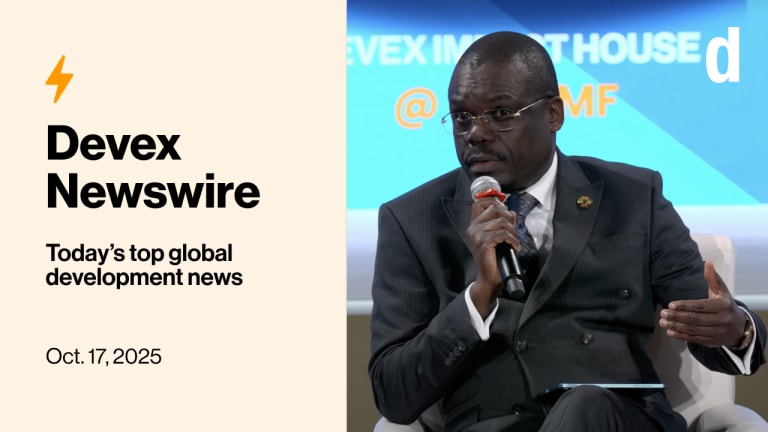There’s a lot of “if only’s” in conversations about what could have prevented the Ebola epidemic in West Africa. We’ve heard about the importance of strong health systems, trained front-line health workers and swift international response to emerging health threats. If foresight were used, governments might have been better equipped to respond to the current situation in the region.
Peter van de Pol, a policy adviser for capacity development at the United Nations Development Program, works on foresight with public institutions. Foresight means imagining different futures, reflecting that change is happening constantly and the future is not a given. Traditional planning strategies, meanwhile, predict the future based on past events.
In the case of West Africa, clinics were built to deal with diseases that have surfaced in the region over the last 10-20 years. Before 2014, Ebola only affected countries outside the region.








